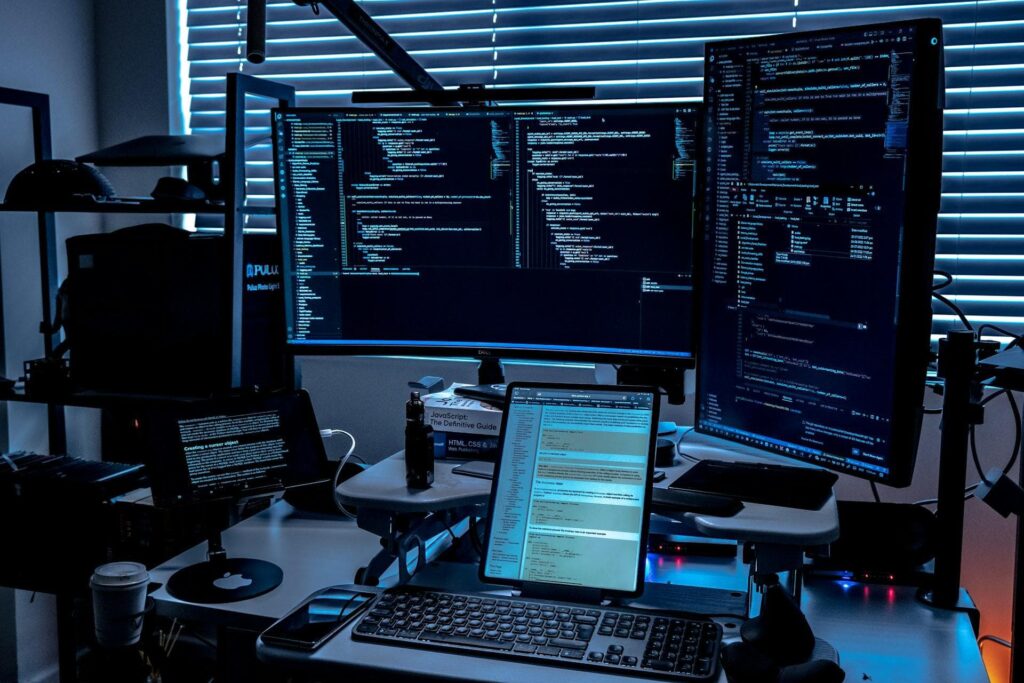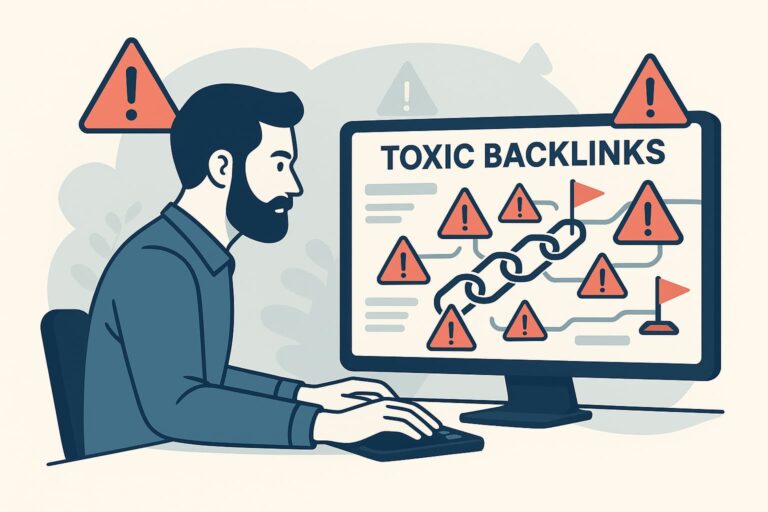
Specifics of a Computer Science Master’s Thesis
Computer science theses must connect theory with working systems. A strong project links a clear research question to outcomes such as models, algorithms, or software components. Evidence must be measurable—benchmarks, user tests, or ablation studies—supported by clear justification for datasets and metrics. Reproducibility is crucial: readers should be able to rebuild the environment, rerun experiments, and obtain comparable results.
Technology choices define scope and feasibility. Topics often involve AI pipelines, cloud services, or large-scale data workflows. Each choice—frameworks, libraries, orchestration tools—requires justification against alternatives and limitations. Because toolchains change quickly, documentation of versions, API stability, and deprecation plans is essential. For students who cannot manage this complexity alone, support through Masterarbeit schreiben lassen can offer orientation while keeping the focus on personal research goals.
Programming and documentation require disciplined engineering. Modular code, version control, tests, and integration reduce errors. Clear READMEs, docstrings, and diagrams help reviewers navigate the codebase. Reproducible setups and dataset notes on provenance, licensing, and preprocessing prevent ambiguity and ensure ethical use of data.
Typical Difficulties for Students
Time pressure is a major challenge. Many students balance lectures, jobs, or internships alongside thesis preparation. Competing deadlines make it difficult to devote uninterrupted hours to coding and writing, which often delays implementation or evaluation.
Working with large datasets adds complexity. Handling millions of entries or high-dimensional features requires computational resources and knowledge of storage formats, preprocessing, and parallel execution. Without this expertise, experiments may run slowly or fail. Visualizing results from extensive logs or metrics is also difficult, as clear charts demand thoughtful design.
Methodology and structure cause further problems. Students sometimes focus too heavily on coding while neglecting hypotheses, evaluation metrics, or literature integration. Weak methodology reduces credibility. Designing a rigorous approach requires consistent alignment between research question, experiment design, and interpretation, which is often underestimated.

Support from a Computer Science Ghostwriter
A ghostwriter can help organize the project from the start by selecting literature and creating a logical outline. Articles, conference papers, and technical standards are arranged to underpin the research question. The result is a coherent plan that links theoretical foundations with implementation goals, reducing the risk of omissions or inconsistencies.
Practical support may extend to programming and documentation. Complex algorithms or data pipelines can be clarified with guidance on architecture, pseudocode, or prototype snippets. Thorough documentation—comments, diagrams, and reproducible instructions—ensures that examiners follow the reasoning. In computer science, evaluation depends not only on results but also on software transparency.
Editing and language optimization add refinement. Many theses contain dense descriptions of methods and results. A ghostwriter can improve grammar, sharpen clarity, and ensure consistent terminology. This revision does not alter the student’s contribution but enhances readability, making technical material more accessible to examiners.
Opportunities and Risks of Using a Ghostwriter
Time management is a clear benefit. Delegating research assistance, editing, or documentation allows students to focus on implementation and analysis. Professional guidance reduces the risk of missing formal requirements, as experienced authors know citation rules, structural conventions, and examination standards. Students also report lower stress when complex issues are resolved early instead of shortly before submission.
Yet risks must be considered. Academic integrity must be safeguarded, and outsourcing entire sections without acknowledgment can lead to sanctions. The difference between legitimate support—such as editing or coaching—and prohibited authorship substitution is crucial. Students should view ghostwriting as orientation, ensuring they can explain every decision and result during the defense.
Selecting a reliable agency is essential. Not every provider guarantees originality, confidentiality, or secure data handling. Working with established services lowers the risk of plagiarism and missed deadlines.
Achieving a Successful Defense of the Master’s Thesis
Responsible use of external support starts with clarity about personal goals. Students should decide which tasks they want to complete themselves and where expert input can help. Open communication with the ghostwriter ensures that support remains advisory, leaving room for the student’s own work. When students engage actively while making use of professional guidance, they not only complete a stronger thesis but also enter the defense with greater confidence and a deeper command of their subject.



